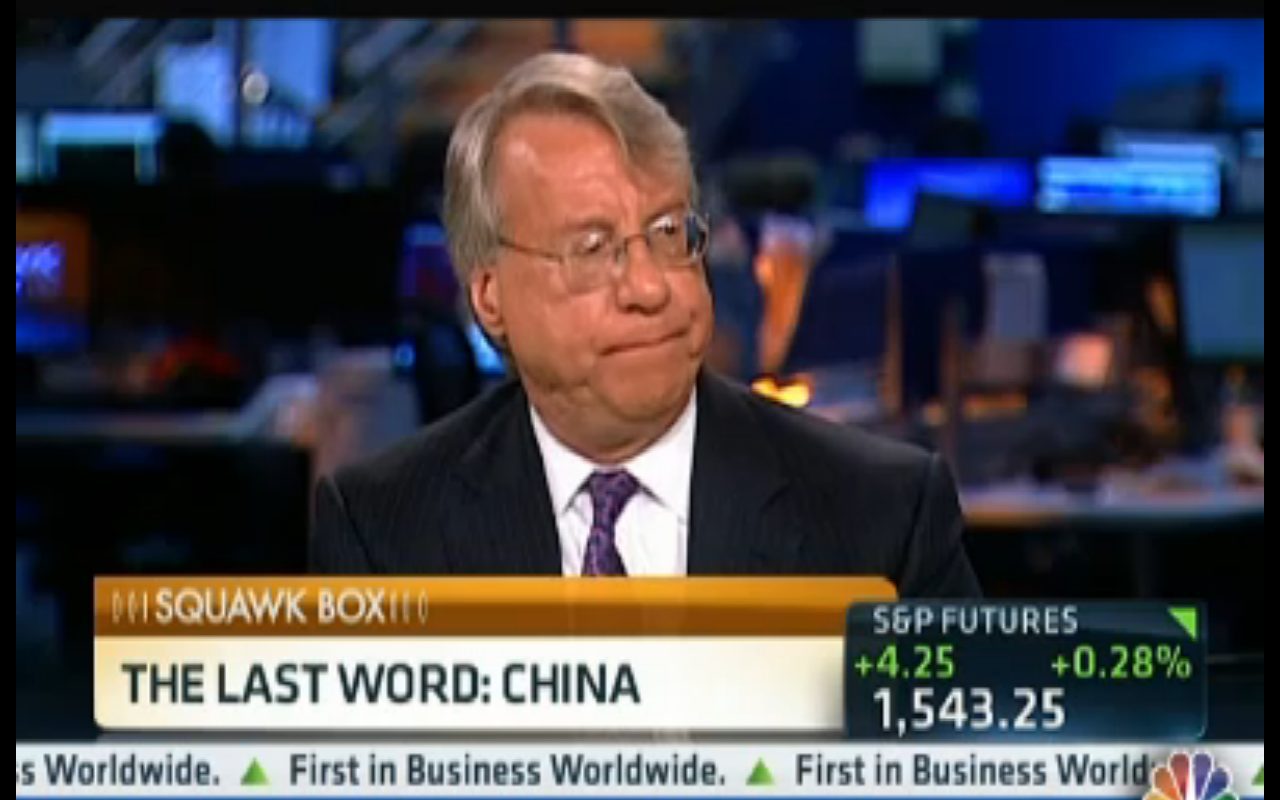Trump Tariffs on Russia’s Oil Buyers Bring Economic, Political Risks
From punishing Brazil to trying to curb imports of fentanyl, U.S. President Donald Trump has wielded the threat of tariffs as an all-purpose foreign policy weapon.

If Jim Chanos is correct in his assessment of Caterpillar and the commodity supercycle, particularly the mining business, the implications for dry bulk shipping are decidedly negative. Caterpillar, through its mining, road building and earth moving equipment, is linked to the infrastructure expansion in China and India and the production of raw materials, such as iron ore and coal in Australia and Brazil.
As stated in the South China Morning Post, “The nightmare scenario for China’s leaders as they try to wean the country off a diet of easy credit and breakneck expansion is a local government buckling under the weight of its own debt.”
“China’s local government debt, if not better managed, can potentially pose a systemic and macroeconomic risk to the country,” said Jun Ma, Deutsche Bank’s greater China chief economist. “This has historic precedents in Brazil where in the three crises of 1989, 1993 and 1999, the root cause was the state government’s excess debt.”
Hefty borrowings through banks, investment trusts and the bond markets provincial, city and county governments have saddled numerous governments with significant debt. And while Mr. Chanos is also short China because of an excessive debt build-up, a Chinese financial system in chaos would significantly impact the shipping industry, in particular the dry bulk markets. The risks in China are apparent. The implications for commodity-0riented economies are significant. The issue outstanding, what catalyst will initiate a financial chaos.
If so, shipping, its financiers, investors and owners will not find a door wide enough to exit.
Jim Chanos is the Chief Executive Officer of Kynikos Associates, a Hedge Fund.

Sign up for gCaptain’s newsletter and never miss an update

Subscribe to gCaptain Daily and stay informed with the latest global maritime and offshore news
Essential news coupled with the finest maritime content sourced from across the globe.
Sign Up